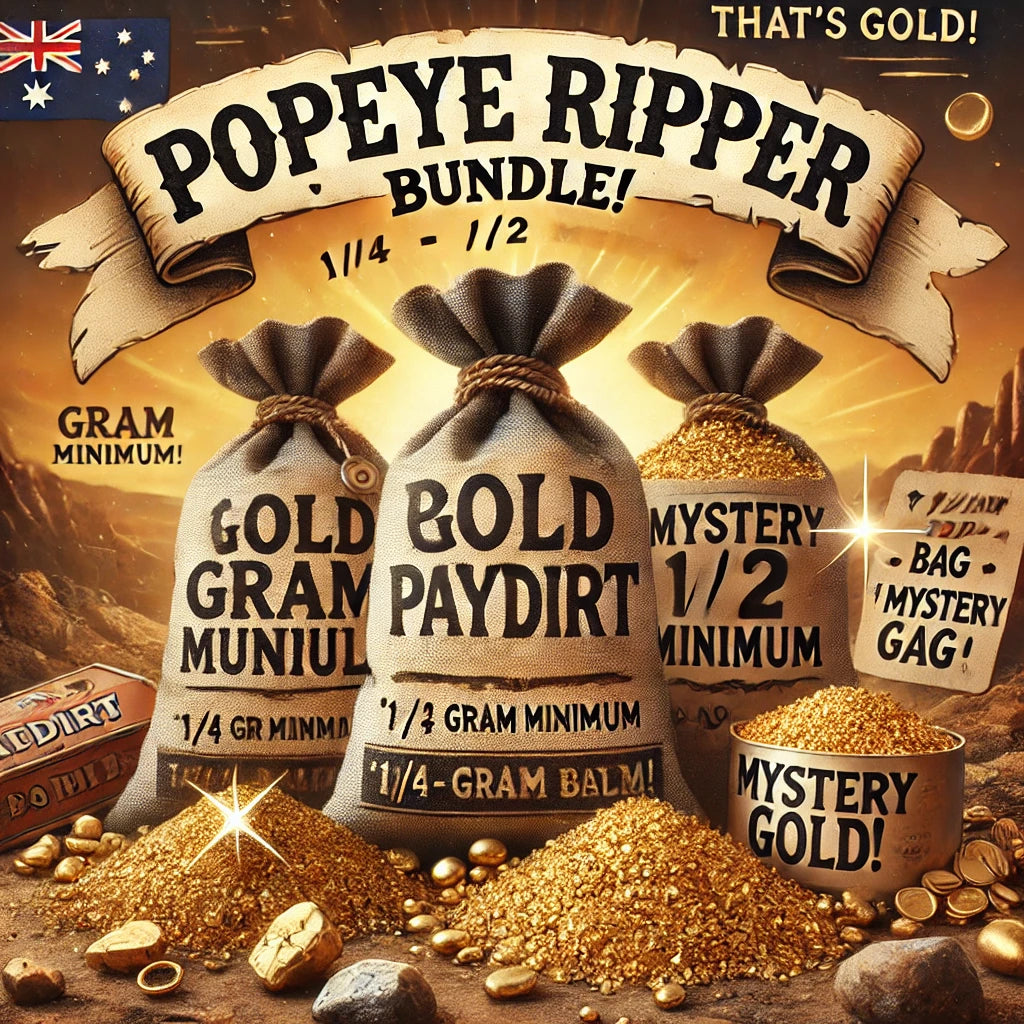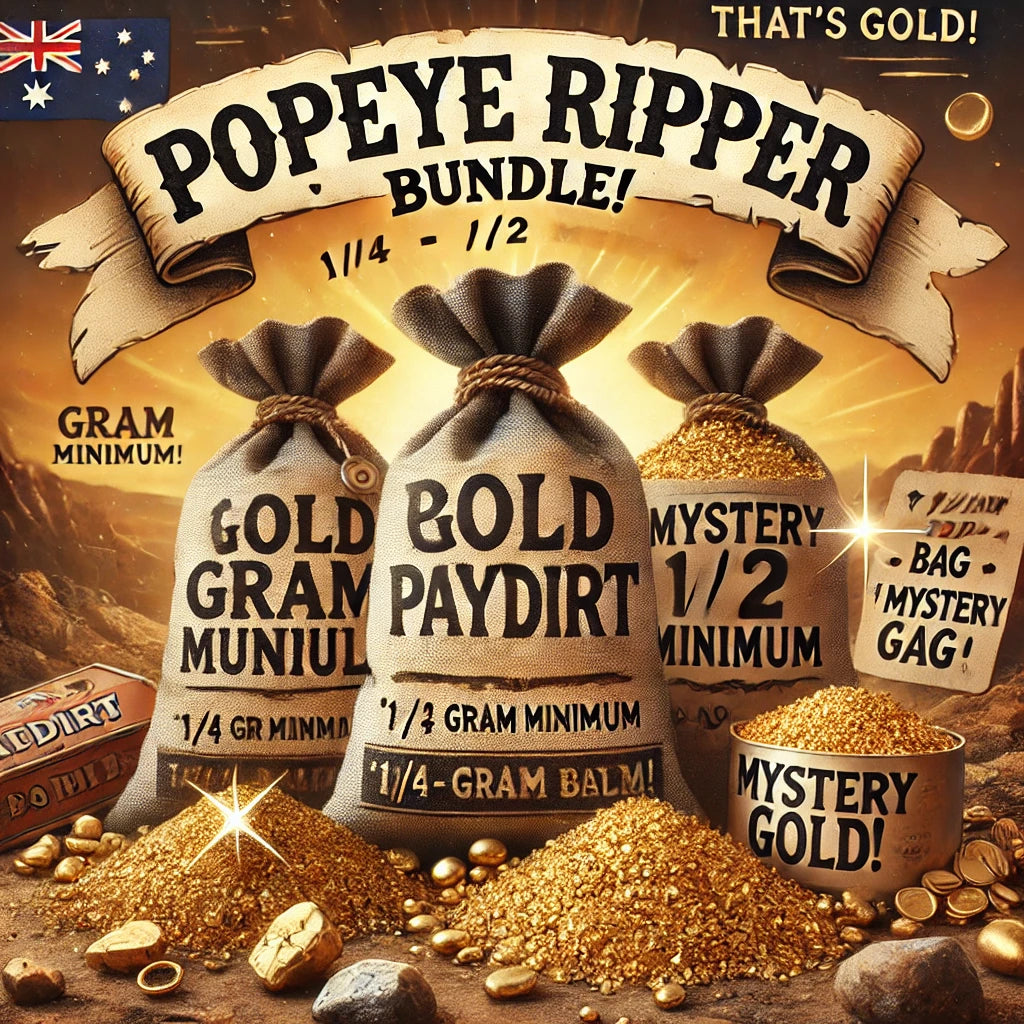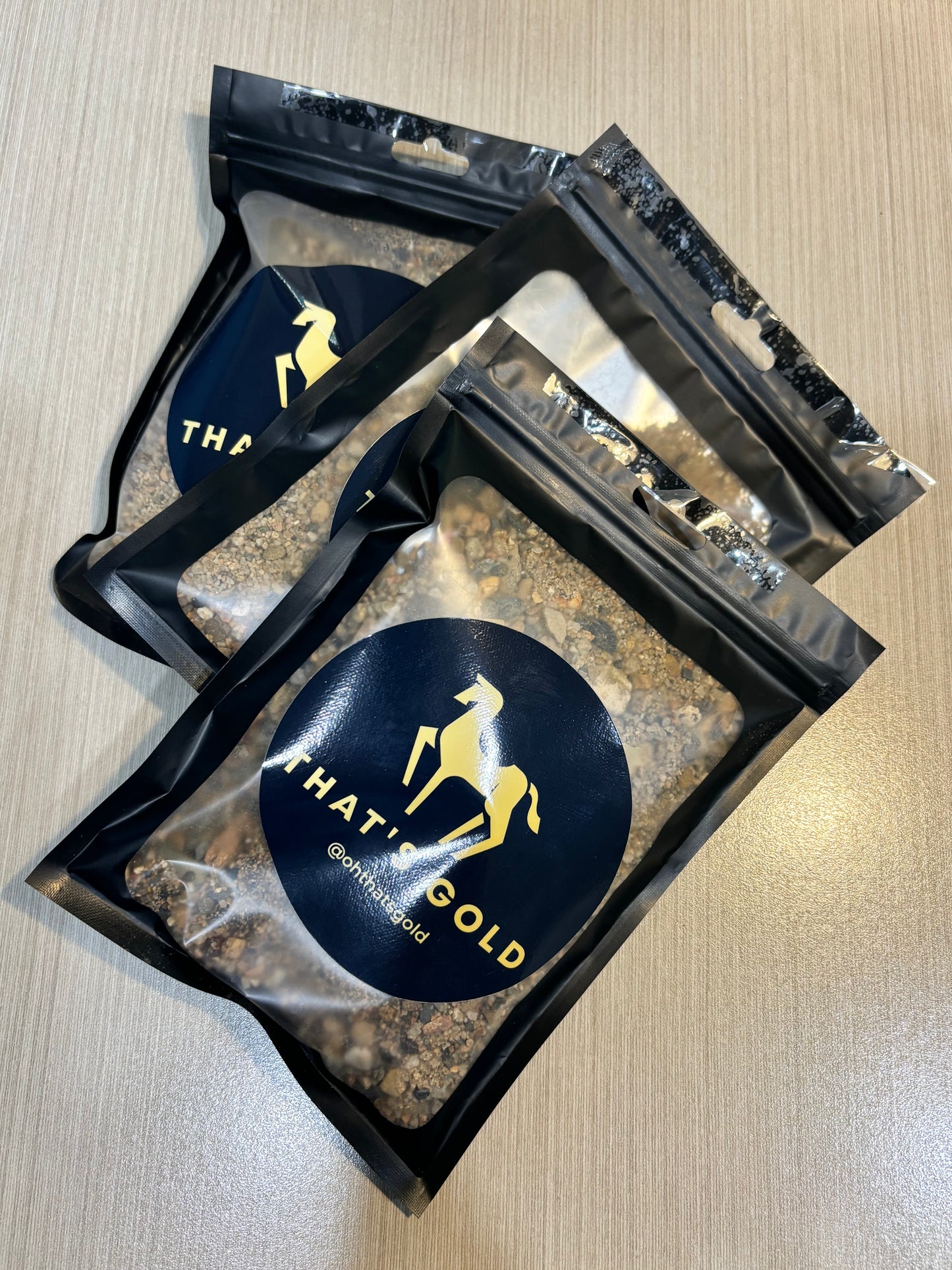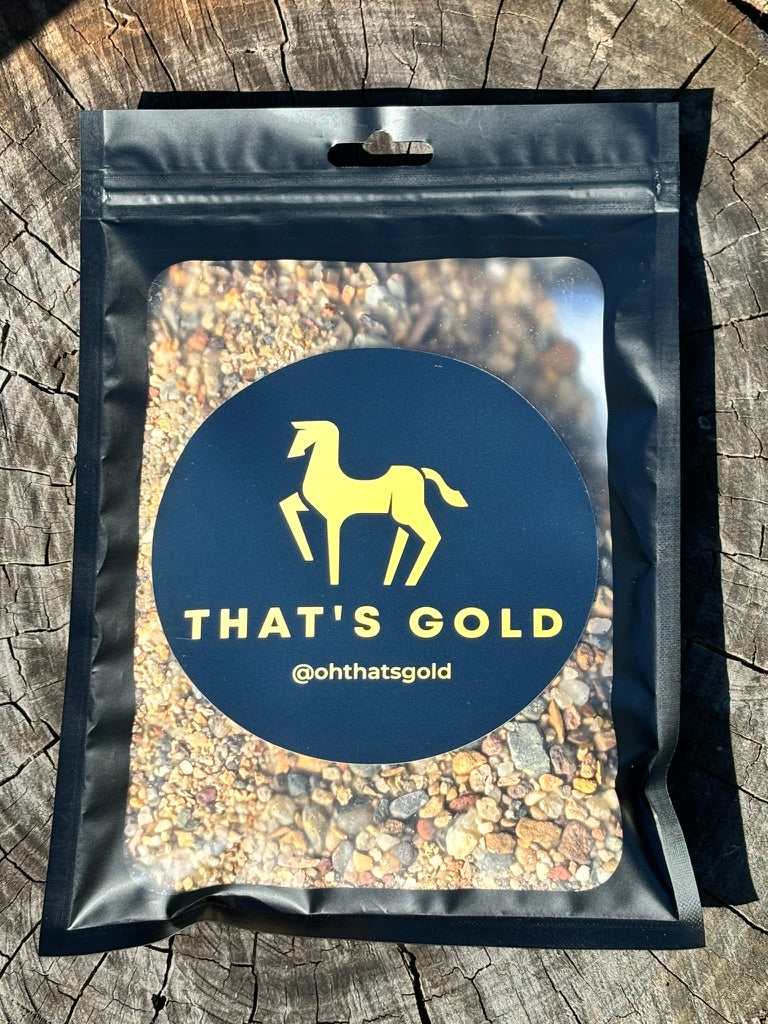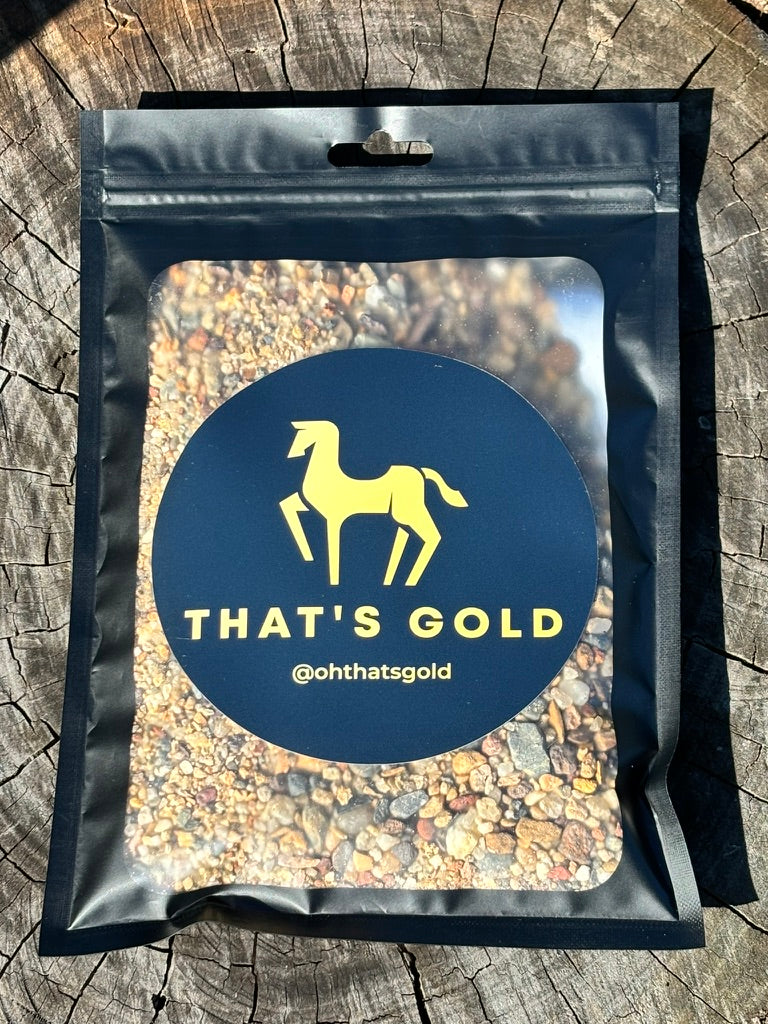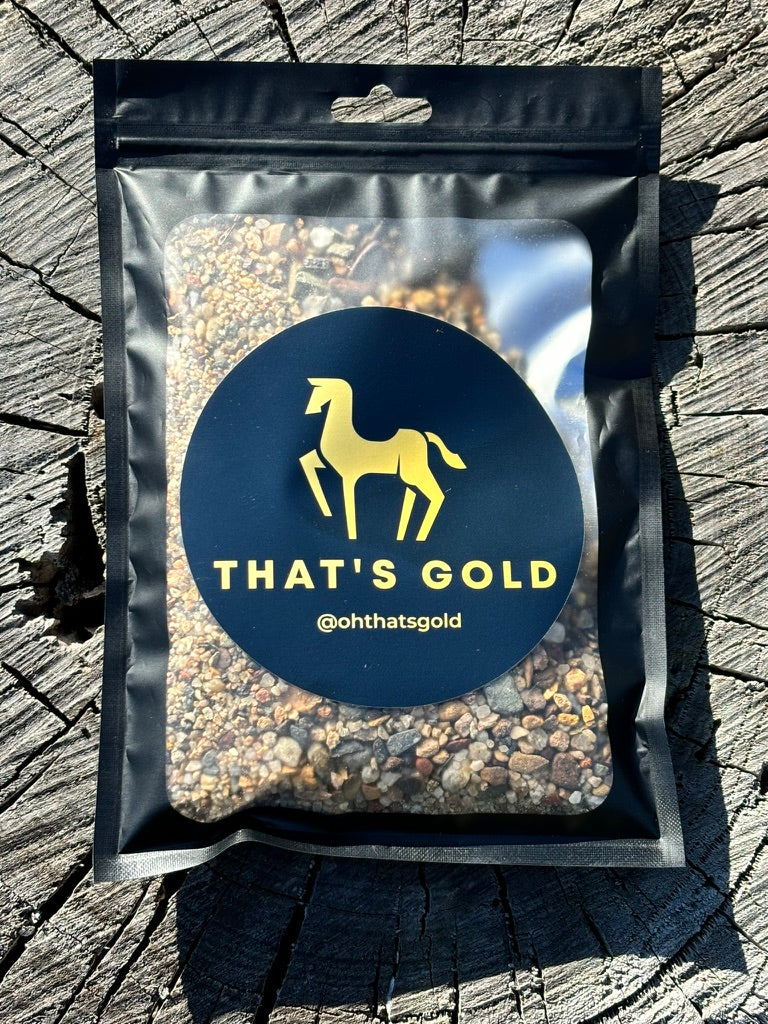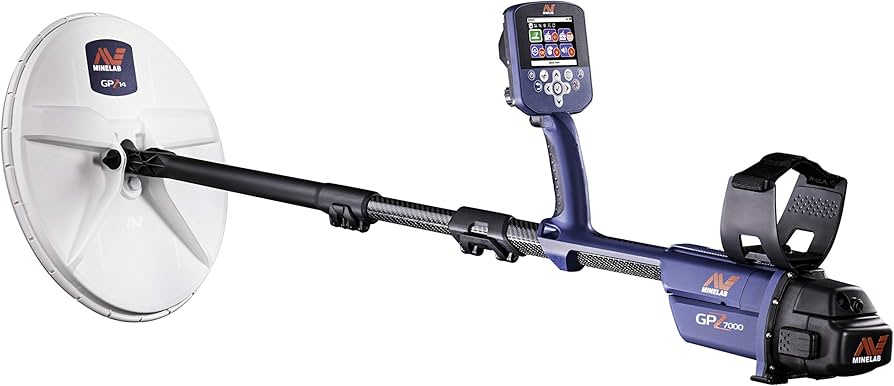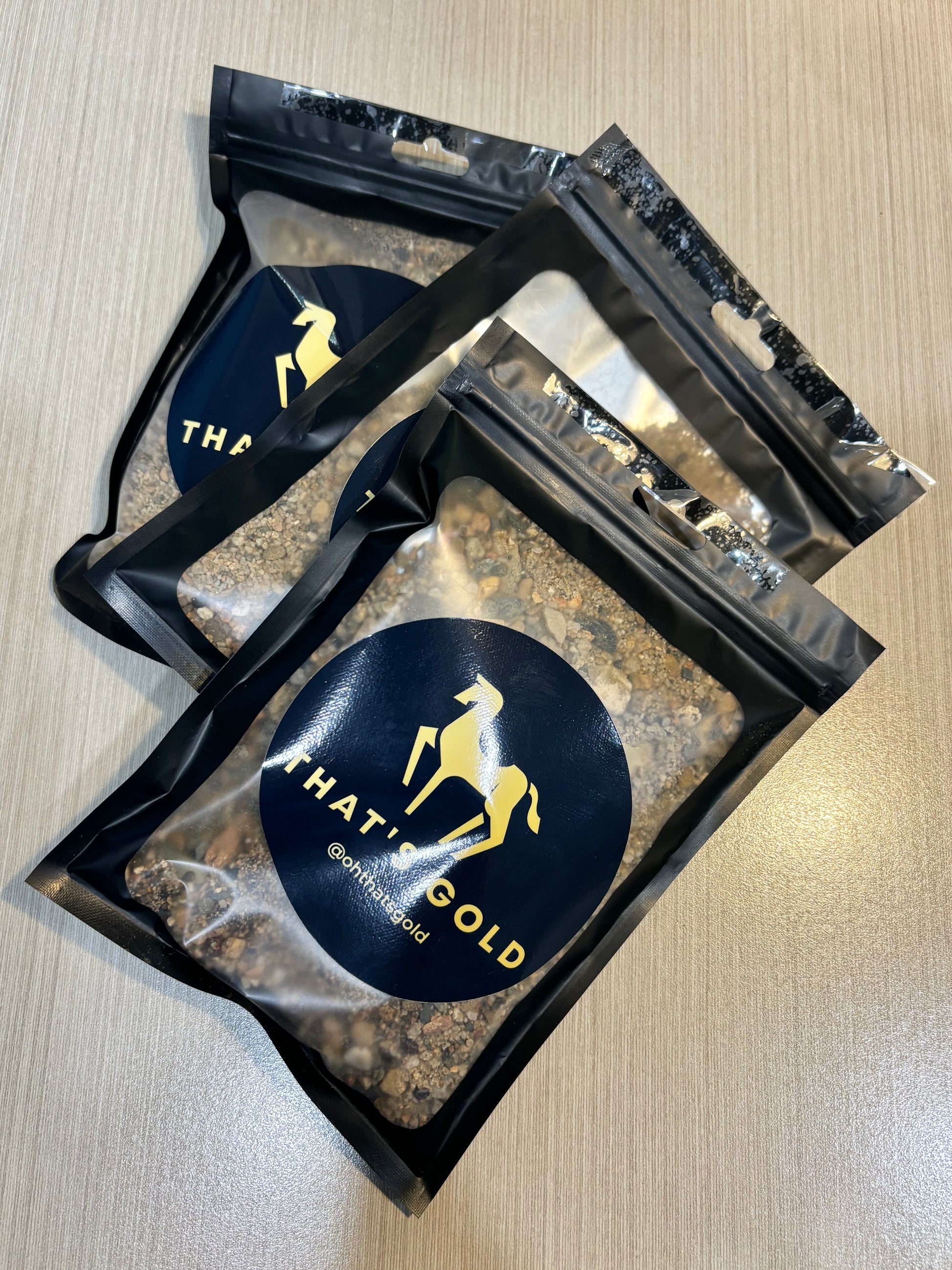🥇 Best Metal Detectors for Finding Gold in Australia
The best metal detector for finding gold in 2025 is the Minelab GPZ 7000.
I recommend buying it from Goldrat, a great Australian small business. Speak to Dustin – tell him Andrew from That’s Gold sent you, and he’ll set you up with the perfect detector.
🔟 Top 10 Gold Metal Detectors
Top 10 Gold Metal Detectors
| Detector | Key Features | Fact Check (Review) |
|---|---|---|
| Minelab GPZ 7000 | ZVT tech, 75 cm depth, waterproof coil, premium price | techmetalsresearch.com |
| Minelab GPX 6000 | GeoSense-PI, lightweight, simple UI, deep gold detection | detectorprospector.com |
| Garrett ATX | Works in mineralised soil, waterproof to 3m, adjustable, PI system | thedetectorist.co.uk |
| Minelab SDC 2300 | Compact, waterproof, great for small gold, rugged build | techmetalsresearch.com |
| Minelab Equinox 900 | Multi-frequency, great discrimination, user-friendly, mid-priced | familyhandyman.com |
| Gold Monster 1000 | Auto-sensitivity, high frequency, portable, fast processing | metalpursuits.com |
| Fisher Gold Bug Pro | Sensitive, manual ground balance, lightweight, beginner-friendly | techmetalsresearch.com |
| Nokta Gold Kruzer | Multiple modes, waterproof, wireless ready, 61 kHz frequency | metaldetectingexplorer.com |
| XP Deus II | Multi-frequency, quick response, modern interface, lightweight | detectorprospector.com |
| Garrett AT Gold | All-terrain, digital ID, iron discrimination, solid mid-tier option | hobbyhelp.com |
🤔 What Makes a Great Gold Metal Detector?
Gold detection requires precision. Natural gold is usually small – under 1 gram – so your detector must be sensitive to flakes, not just nuggets.
🔍 Frequency Guide
- Low (<10 kHz): Larger/deeper gold
- Medium (10–30 kHz): Balanced use
-
High (>30 kHz): Tiny flakes and shallow targets
🌏 Ground Conditions Matter
Australia’s goldfields often have mineralised soil. You’ll want detectors with:
- Pulse Induction (PI)
- Ground balance controls
-
Discrimination features
✅ Final Thoughts: Choosing the Right Detector
Your ideal detector depends on:
- Search location (mineralised, rocky, wet)
- Gold size (flakes vs nuggets)
- Budget
- Experience level
- Desired features (waterproof, weight, display)
Quick Guide:
- For professionals: GPZ 7000 or GPX 6000
- For beginners: Gold Monster 1000 or Fisher Gold Bug Pro
- For versatility: XP Deus II or Equinox 900
❓ Frequently Asked Questions
Q: What metal detector finds the most gold?
✔️ Minelab GPZ 7000 – unmatched in depth and sensitivity.
Q: What do Aussie Gold Hunters use?
✔️ GPZ 7000 – used by many prospectors on the show.
Q: How deep can detectors go?
✔️ Up to 1+ metre for large nuggets with top models.
Q: Is Aussie Gold Hunters real?
✔️ Yes – it’s a real show. The gold hunting is authentic.
Q: When’s the best time to go prospecting?
✔️ Autumn to winter – cooler temps, softer ground.
Q: Do I need a permit to detect in Australia?
✔️ Yes – check your state’s mining authority.
🏆 That’s Gold – The Best Online Gold Paydirt
Our very own paydirt is hands down the best online gold paydirt you’ll find. No fluff, no filler—just premium Aussie paydirt, packed with the good stuff.
We don’t muck around. Every bag is carefully hand-packed and tested, so you know you’re getting real gold—not just wishful thinking. Whether you're new to the game or a seasoned prospector, our paydirt gives you that "Ripper!" moment with every pan.
💬 Check the reviews. We've got happy fossickers all over the globe raving about their gold finds.

